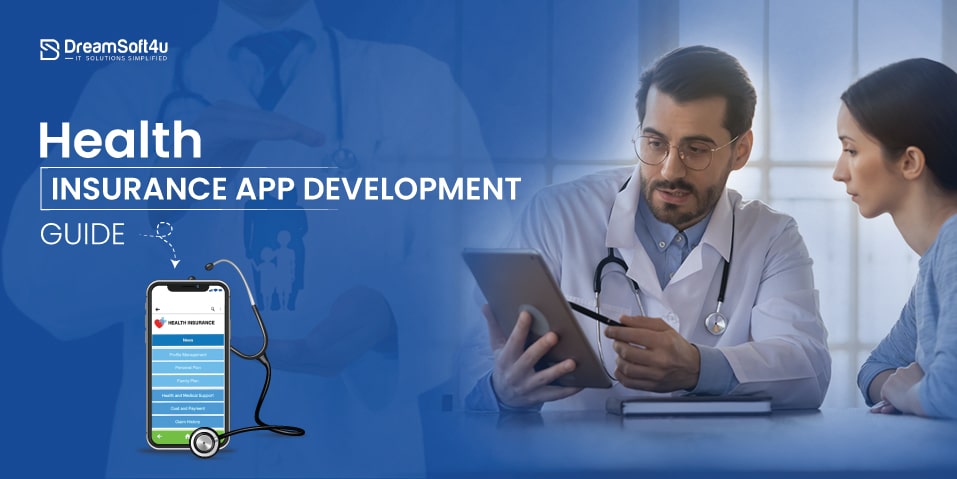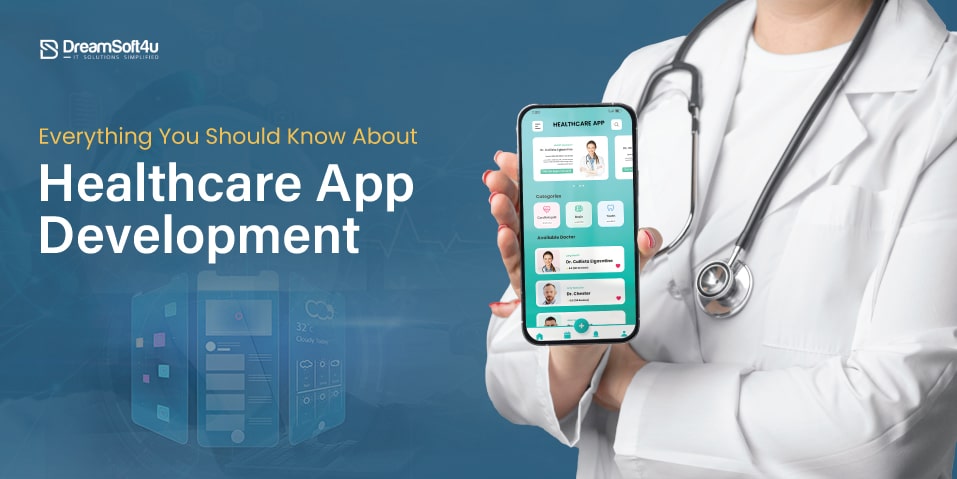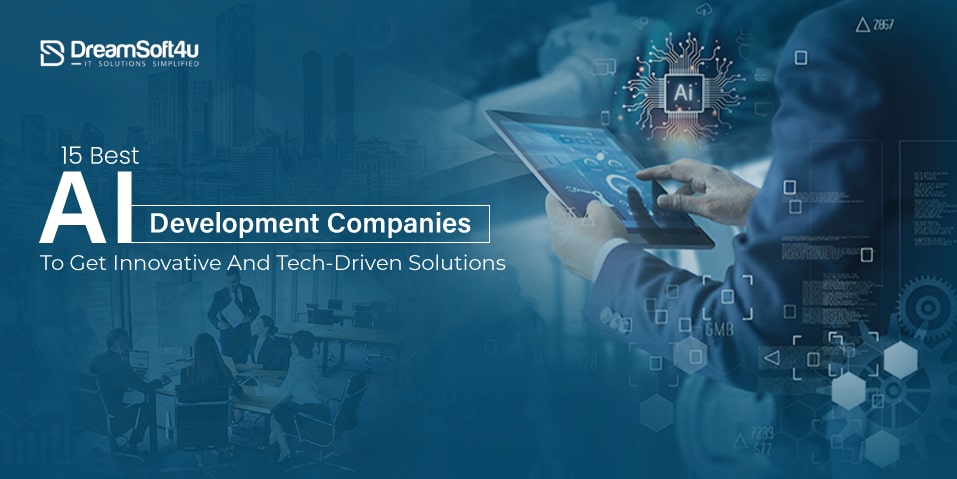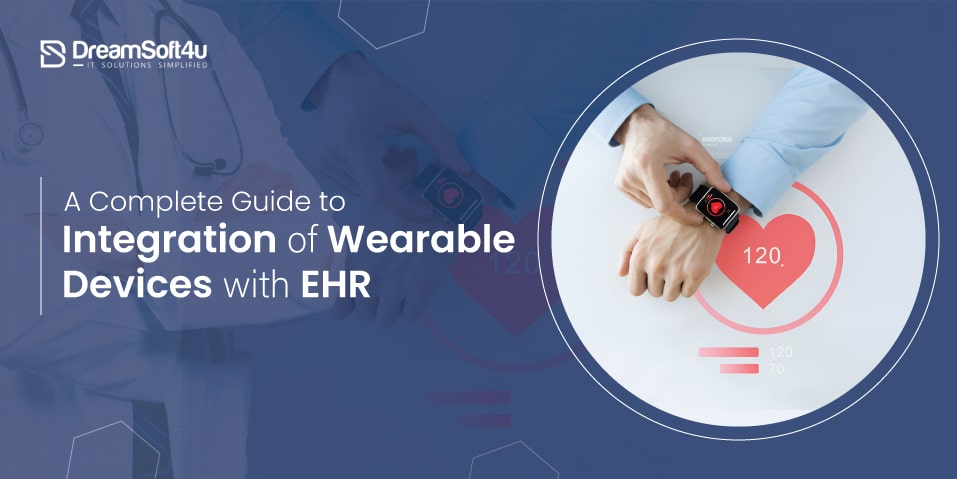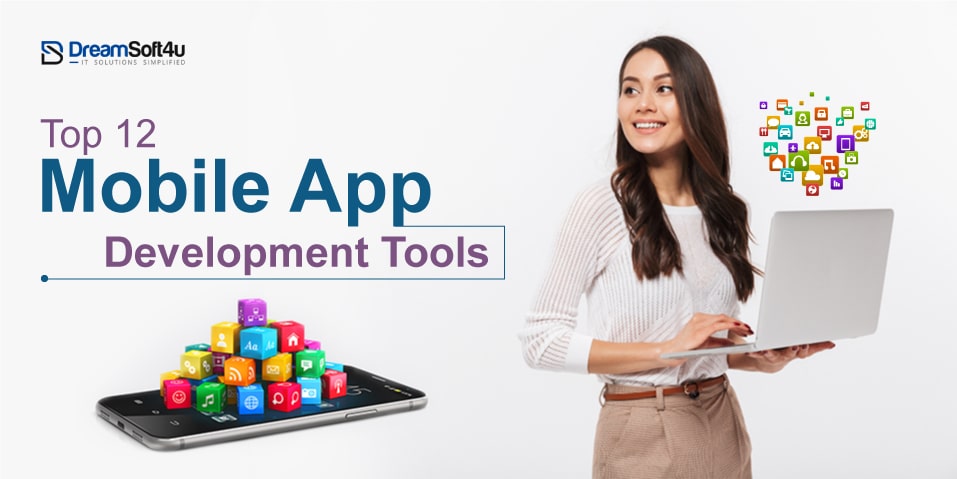The benefits of Internet of Things has already had a significant impact on our lives, and is just getting started. It changes the way we work and live. Today, healthcare is being pushed out of the acute care system and turned into a home-based or post-acute environment to make clients of medical services feel more secure and provide the right healthcare options through IoT technology, which activates a number of ways to more efficiently control the health of patients. IoT’s core position in healthcare is to supply the whole sector with fresh opportunities.
The contact of patients with physicians prior to the Internet of Things is limited to appointments and mobile and text messages. There was no way in which a doctor or hospital could constantly track the health of patients and make decisions accordingly. In all spheres of life, especially healthcare systems, the benefits of Internet of Things (IoT) is rapidly gaining prominence. The technology helps multiple connected devices to capture and exchange data with each other in a nutshell.
It is an advanced facility where everything is simultaneously monitored and controlled while all the information is gathered in a consolidated database. These technological features open up a variety of possibilities to maximize modern hospitals’ comfort, efficiency, and even budget-saving alternatives.
In healthcare, the benefits of IoT applications do not stop there. In medicine, technology has a very diverse area of use. Let’s look at those big implementations.
Read More: Top New Trending Technologies in 2022
Table of Contents
ToggleBenefits of Internet of Things in Healthcare
With the number of improvements in the IoT for healthcare occurring so quickly, the rate of benefits is also rising rapidly. Healthcare professionals and patients will significantly benefit from implementing smart healthcare management solutions using IoT and other IoT medical equipment. IoT’s core position in healthcare is to supply the whole sector with fresh opportunities. The greatest thing is that respect is earned by both parties. Let’s explore the Benefits of the Internet of Things in healthcare Industry:
1. Cost savings
There are also high costs associated with ongoing medical treatment for patients with chronic conditions such as cardiovascular disease or cancer. Costs come from re-hospitalization, travel, time spent out of work, and overall support for their condition, as well as suffering from a physical toll on the body. Wired devices will minimize costs and save certain people time. IoT delivers health services. They will check in with clinicians online, ask questions and conduct basic assessments on a connected computer that shares real-time data.
2. Higher patient engagement
IoT makes it possible for patients to take an involved part in their path through healthcare. Not only are technologies developing to help satisfy remote monitoring requirements (smaller form factors, lighter weight), but the way patients view data is also shifting. Patients can also view their own wellness records using smartphones and applications and see their success and the healthcare program’s effect on their well-being.
3. Increased Revenues
The IoT has bridged the divide between enterprises and consumers, contributing to higher profits. The global IoT market will expand at a compound annual growth of 26.2 percent, according to analysis and studies.
4. Drugs and Equipment Management
In the pharmaceutical sector, pharmacy and surgical device management is a big problem. These are handled and utilized effectively with reduced costs by connected devices.
5. Tracking and alerts
By helping us to track ourselves and refine our health records, wearables, and smart devices rule our lives. Today, a wealth of IoT-enabled wearables and implantable products are available that aim to monitor the health of patients. These instruments are attached to different areas of the body to help doctors monitor the health of a patient in real-time and have increased precision hands-on therapies.
6. Reduced chance of miscalculation and mistake attributable to the human factor
Tests mess up occasionally, or a doctor can make an inaccurate calculation or inference. In medicine, a human aspect can lead to severe consequences. With IoT, with checks and balances, this is mostly avoided. Maximum diagnostic precision would be given by the computer.
7. Check-up on the go
Patients can quickly access physicians on their mobile devices with the aid of IoT healthcare devices to get urgent assistance. Doctors will detect any diseases on the move all the way with the new IoT gadgets. Thus saving travel expenses and time for prescription, IoT in healthcare will also be able to dispense medications from computers. This would be achieved by integrating the system of the patient with the dispensing unit for medication.
8. Improved Outcomes of Treatment
Via cloud computing and the use of big data, healthcare solutions can provide caregivers with the opportunity to view real-time data. That can be used to make better decisions and provide evidence-based therapies.
Advantages of IoT in Healthcare
It is difficult to overestimate the overall importance of healthcare software solutions as technology promises to make healthcare services more efficient and alleviate the burden on healthcare providers. This is critical in the context of the ageing population and the increase in the number of chronic diseases. The main benefits of Internet of Things implementation in healthcare are:
- Cost Reduction: IoT enables patient monitoring in real-time, thereby significantly reducing unnecessary doctor’s visits, hospital stays and re-admission
- End-to-end connectivity and affordability: With the help of healthcare mobility solution and other new technologies, and next-gen healthcare facilities, IoT can automate the patient care workflows.
Healthcare IoT enables interoperability, machine-to-machine communication, information exchange and data movement that makes the delivery of healthcare services efficient.
Connectivity protocols: Bluetooth LE, Wi-Fi, Z-wave, ZigBee and other modern protocols, healthcare staff can change the way they spot patients with disease and ailments, and can also innovate revolutionary treatment methods.
As a result, the technology-driven system cuts costs by reducing unnecessary trips, using better resource selection, and improving allocation and preparation.
Faster Disease Diagnosis
Continuous patient monitoring and data in real-time help to diagnose diseases at an early stage or even before the symptoms develop.
Improved Outcomes of Treatment
Healthcare solutions, connected via cloud computing and using big data, can provide caregivers with the ability to access real-time data that can be used to make informed decisions and provide evidence-based treatments.
Accessibility
Doctors can view all required data on command and check patient conditions in real-time without leaving their office.
Tracking and alerts
In case of life-threatening circumstances the on-time alert is critical. Medical IoT devices collect vital data and pass data to physicians for real-time monitoring while dropping alerts about critical parts through mobile apps and other linked devices to people.
Reports and alerts give a firm opinion about the condition of a patient, regardless of the time and place. It also helps make well-versed choices and provide care on time.
Thus, IoT facilitates real-time alerting, tracking and monitoring, which allows for hands-on procedures, enhanced accuracy, appropriate physician involvement and improved outcomes of full patient care delivery.
Error Reduction
Data generated through IoT devices not only help in effective decision making but also ensure smooth healthcare operations with reduced errors, waste and system costs.
Research
Since IoT devices are capable of gathering and analyzing massive amounts of data, they have a high potential for medical research.
Healthcare Information or Electronic Healthcare Records (EHR) Systems
The development of IoT has caused the centralization of health care records to be made accessible across different tracking systems and medical devices in the EHR systems which are connected to send the data to doctors, labs, nurses, general physicians (GP), and others associated entities with the patient.
Better patient experience
A connected healthcare system creates an environment which satisfies the needs of each patient. Dedicated procedures enhanced treatment options and enhanced accuracy of the diagnosis make for a better experience.
Prevention
Smart sensors analyze health conditions, lifestyle choices, and the environment, and recommend preventive measures to reduce disease and acute state occurrence.
Impact of IOT on healthcare in future
With the use of IoT in healthcare services, on-time patient care can be assured, medical costs minimized and procedures more effective. IoT impacts healthcare in all ways, from fitness and wellness management through smart watches to after cancer treatment.
The widespread use of smartphones and wireless networking, along with the cost reduction of sensor technologies, are two key factors driving the substantial projected growth of IoT in the healthcare industry.
With the emergence of modern Healthcare technologies the benefits of Internet of Things medical business sector is gradually addressing the future. Obstacles of integrating technology are constantly improving the automated healthcare system by giving doctors and patients the advantages of futuristic developments.




